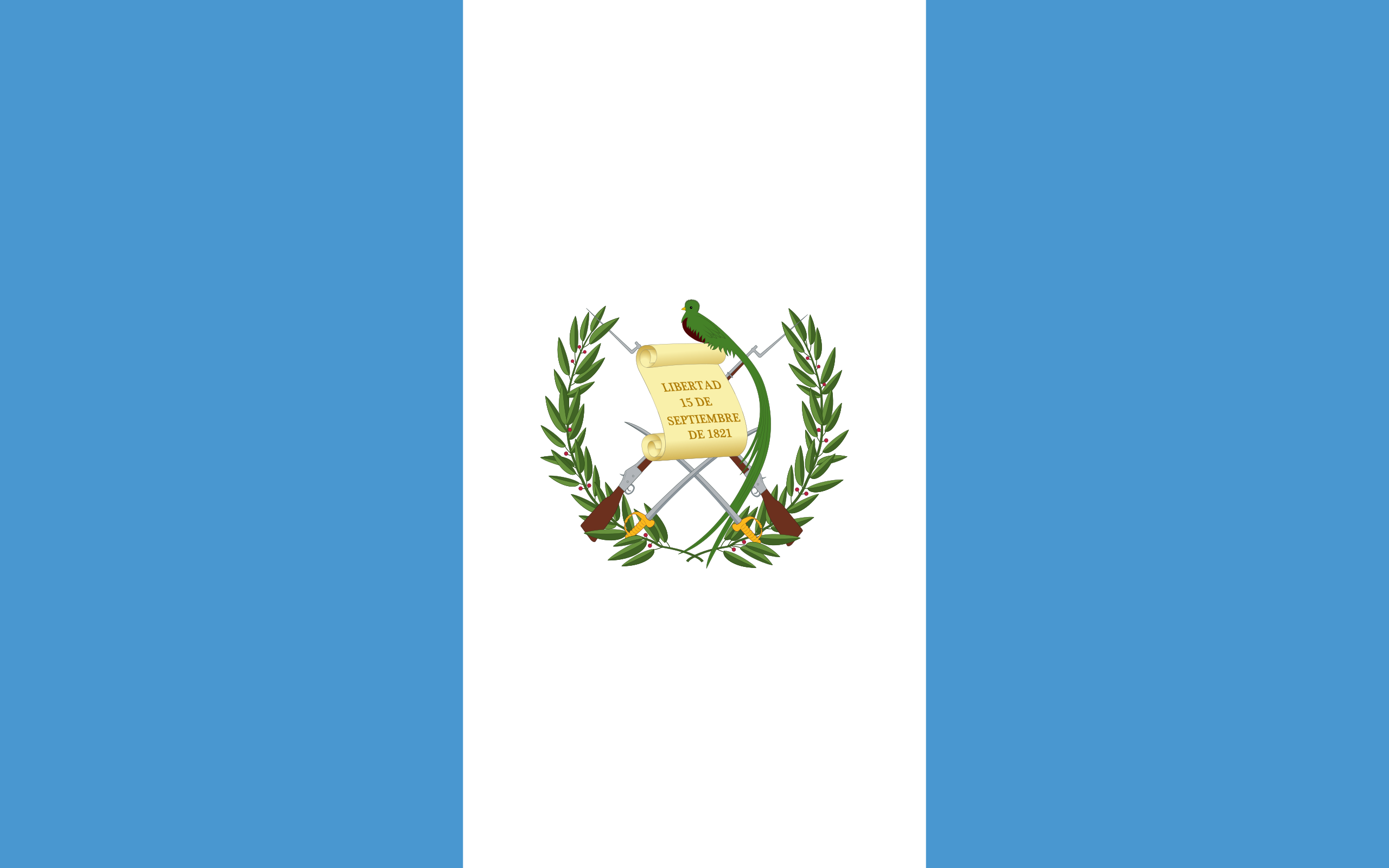In May 2023 members of the American Friends Service Committee (AFSC) traveled to the Ixil territory in the highlands of Guatemala. The territory is home to a number of indigenous communities of the Ixil Mayan ethnicity. The Ixil territory, five hours from the capital Guatemala City, once was lush and filled with life. But all this changed in 2009 when an Italian company sensed profits and invaded the Indigenous land. That year the energy company Enel Group constructed a hydraulic dam changing the course of the Putal River, which sustained the surrounding communities for centuries, provided clean water and fertile land. Since the construction of the dam and the river's diversion, the once mighty river shriveled to a small creek, drying out farmland, killing fish and ending the supply of clean drinking water. As a compensation, Enel promised the villages in the affected municipality (land district) electricity but did not connect the communities to a power grid. Instead of providing a reliable grid, the corporation donated solar panels which the communities can't sustain due to broken batteries and a lack of support.
In their 14-year struggle to reclaim their rights and land, the communities of the Ixil territories experienced many setbacks. For four years the Indigenous Council and mayors of impacted villages tried to conduct negotiations with Enel and the Guatemalan government as an effort to stop the project, but all negotiations were rejected and any engagement between Enel and the communities were only sporadic. In this ongoing fight for survival of the Indigenous communities, the Guatemalan government generally took the side of Enel. In 2011 community activists set up roadblocks and barriers as an effort to enforce negotiations. This peaceful protest erupted the most violent reaction by the state to date when the government sent 1,200 troops into the territory to occupy the protesting communities and enforce nine arrest warrants against community organizers. For many victims of the 36-year civil war. this attack brought back decades old traumas.
In 2011 the communities filed for a protective status which later was ordered by the Supreme Court but not acknowledged by the Guatemalan central government. The court also decided that Enel had to talk directly to community leaders, an order that was ignored as well. After years of pressure by activists Enel finally agreed to talks, with little success. In their proposal, the Indigenous communities asked for a 20% cut of all profits made on their land as well as reparations for the damage caused by the dam's construction. Enel denied this proposal, only committing to provide materials to rebuild and a yearly payment of 2 million quetzales, around $255,000, to the municipal government--money that does not benefit the suffering communities. Enel has yet to act on its promise for building materials.
Most recently, Enel and the Guatemalan government have stopped responding to the community leaders' contact requests. The communities filed for a protective status again, but for now the legal proceedings' impact and damages will go unchecked. Until today the dam has caused massive environmental damage, illness and violence by Enel workers. The communities will not stop pushing for reparations and their rights while constantly fearing another army deployment.
We as IRTF stand in solidarity with the suffering communities and urge the court and Guatemalan government to set an end to this crime.




